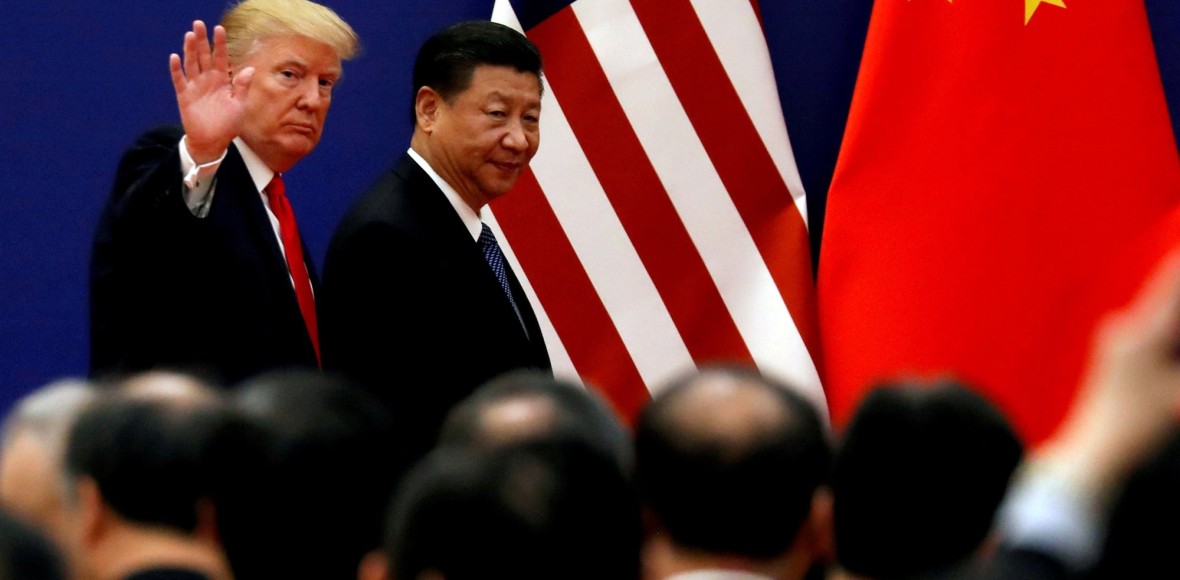
The coronavirus epidemic is having more of an effect on U.S.-China trade than President Donald Trump’s long-fought trade war, some economists say.
“The spread of the virus is primarily a massive supply shock to the Chinese economy. Production across the country is severely affected by closed factories,” said Stefan Legge, an economist and trade expert at the University of St. Gallen in Switzerland. “We observe a hit on the demand side as well, with lower consumption and less private-sector investment,” he said.
Beijing would have had trouble fulfilling its phase one pledges to purchase large amounts of American agricultural and energy products anyway, and the economic hit it sustained — GDP is expected to drop below the government’s target of 6 percent — makes those goals even more elusive.
“The targets that were laid out in phase one were always wildly optimistic. You were dictating that China should start buying U.S. agricultural goods at a level higher than any moment in history,” said Jacob Kirkegaard, senior fellow at the Peterson Institute for International Economics.
“There’s no doubt that this virus and the measures China took to contain it delivered a huge demand shock to the Chinese economy. Therefore, their need for many of these categories were not nearly, at least in the short run, as large as they would have been without the virus,” he said.
Jamie Cox, managing partner at Harris Financial Group, suggested that the impact on China’s economy could spur the White House to restart trade talks, reasoning that Beijing’s hand had been weakened.
“If you’re President Trump, there’s no better time right now to get the Chinese to play ball with you, because they kind of need to,” Cox said. “I think the more likely scenario is the president uses this as a potential point of leverage to get the Chinese to agree to something more quickly.”
Some say the Trump administration would be foolish to risk injecting trade-related uncertainty to an already volatile market and risk spooking skittish investors further.
Others argued, though, that the Trump administration would be foolish to risk injecting trade-related uncertainty to an already volatile market and risk spooking skittish investors further — especially this close to the 2020 election.
“With huge uncertainty over future developments — as well as policy responses — I expect that negotiations about a phase two agreement will be delayed,” Legge said. “Aggressive moves against China create uncertainty and are unlikely to yield short-term benefits that Trump can present to voters as a ‘success.’”

